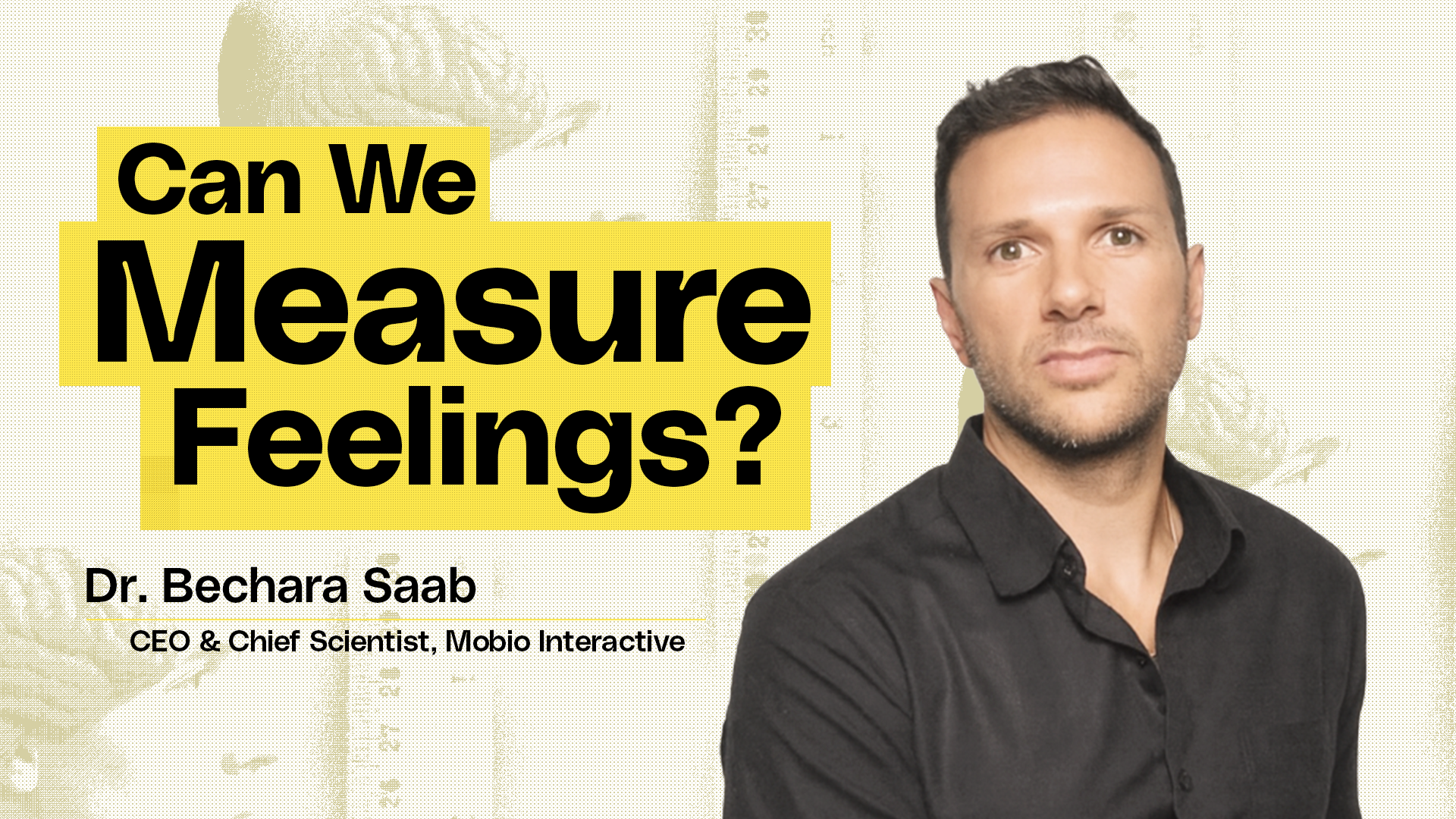

As a person in the African community, whenever I open up to a loved one about feeling depressed or anxious, they often don’t see it as someone going through day-to-day mental health issues. They see someone who is demonically possessed.
Looking at my childhood, this comes at little surprise. Growing up I rarely saw anyone advocating for mental health practices. The lack of emotional intelligence within my immediate community was palpable and not considered an issue at all. This forced me to internalize most of my childhood trauma which is now being cultivated as depressive and anxiety symptoms. Symptoms deemed, as our grandmothers would call them, “generational curses”.
Most of these generational curses are rooted in religion and culture and how the older generation interacts with these aspects. From my experiences, religion and culture bring us closer to each other but they can also separate us due to the limiting beliefs that stop us from exploring who we are, mental health being a significant factor in this. Additionally, these beliefs sometimes separate us from our older generation peers and this is because of how they use religion and culture to stuff all of us in a box that is built on their own fears of progress. This highly contributes to the deterioration of our mental health due to these beliefs ranging from how having depression or addictions is the devil’s work to how going to therapy is only for “crazy” people.
However, approaching mental health struggles as a form of supernatural intervention isn’t necessarily a bad thing.
To help those who said they were under duress from a curse, the researchers from the same study prescribed a unique treatment. These individuals were told to put forward a sacrifice to appease a god. After doing this, they would be cured and therefore free from mental health symptoms.
Scientifically, this does not seem like something that can cure mental illness, but it doesn’t matter because people believe in it. One cannot simply eradicate such deep-rooted beliefs and introduce newer and more westernized ways of mental health healing. Sacrificial rituals are a significant aspect of healing among some African cultures. To combat misunderstandings surrounding mental health, programs should be put forward that not only acknowledge the existence of these practices but also educate and inform African communities on the scientific side of mental health. These programs should still allow the African community to practice their beliefs while incorporating other methods such as therapy and medication on their own terms.
As individuals in the African community, we have to create our own spaces with practitioners that understand our cultures and are capable of facilitating the spread of information on mental health in the right way. If we stay stagnant, we will never evade the “curse” that is stigmatization around mental health.
Don’t miss out
Don’t miss out!




-min%202.gif)



